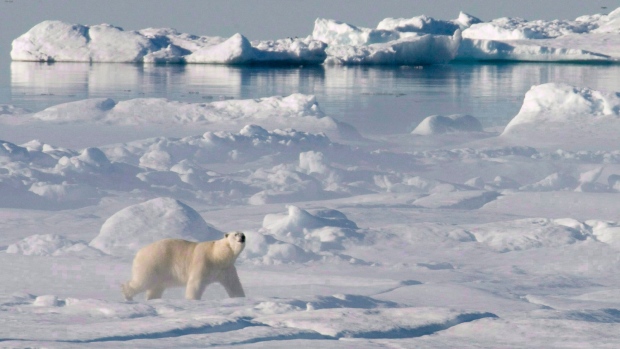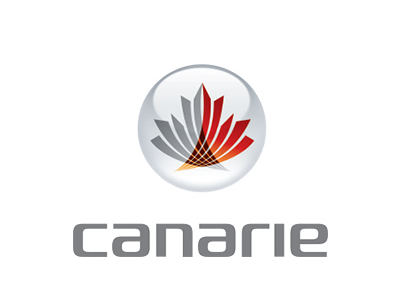
Understanding the Great White North to Protect the Great White North
Collecting data in Canada’s North is challenging because of extreme weather conditions, vast spaces, and costly transportation. Considerable information exists but the data sets — which can be everything from satellite reports to personal photographs of the landscape — are not linked and therefore not easily accessed or shared.
As a result, scientists can spend 80 per cent of their time finding data and only 20 per cent doing actual research. Indeed, data sharing and interoperability are two of the most pressing challenges in Arctic research.
Monitoring platform
To rectify this situation, researchers at the University of Calgary and the Arctic Institute of North America have launched ArcticConnect, an online platform designed to improve the monitoring of Canada’s North and to provide readily accessible information on changing conditions.
It allows residents, the research community, the private sector, and government agencies to submit and access a variety of types of information online.
ArcticConnect collects data from temperature and dewpoint sensors at research stations throughout the Arctic Circle — including those that provide near-real time data — for visualization, information sharing, and collaborative analysis.
It includes a biodiversity database that enables researchers and residents to contribute observations on Arctic animal species for the purpose of monitoring, management, and education. The platform also includes geo-mapped images of publications, research reports, photos, field notes, public commentary, and even artwork.
Beyond scientists
ArcticConnect not only makes it easier for scientists to manage and access information worldwide about changing conditions in the Arctic but also helps governments when making policy decisions and public agencies when responding to emergency situations.
Furthermore, it empowers individuals to contribute to an important global initiative through its crowd-sourcing approach to data gathering, referred to as “citizen sensing”.
It’s a huge step forward in understanding and protecting our valuable Arctic ecosystems.
Learn more about ArcticConnect
For more information please contact our contributor(s):

